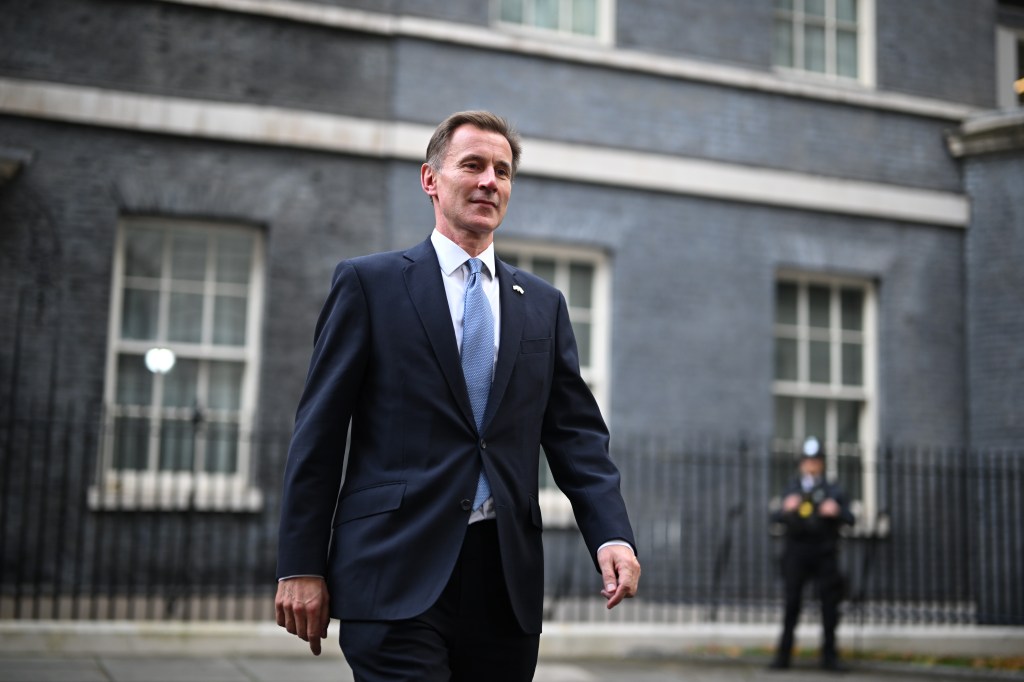The second half of 2022 saw significant turbulence in British politics, with a government headed by Liz Truss lasting just 49 days. Following this, a spate of changes to City of London regulations – labelled the Edinburgh Reforms – was proposed in December.
Billed ‘Big Bang 2.0’, in reference to the previous set of
The
Register for free to keep reading
To continue reading this article and unlock full access to GRIP, register now. You’ll enjoy free access to all content until our subscription service launches in early 2026.
- Unlimited access to industry insights
- Stay on top of key rules and regulatory changes with our Rules Navigator
- Ad-free experience with no distractions
- Regular podcasts from trusted external experts
- Fresh compliance and regulatory content every day












